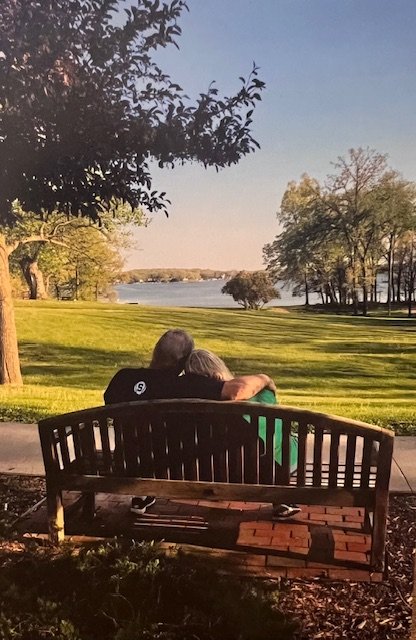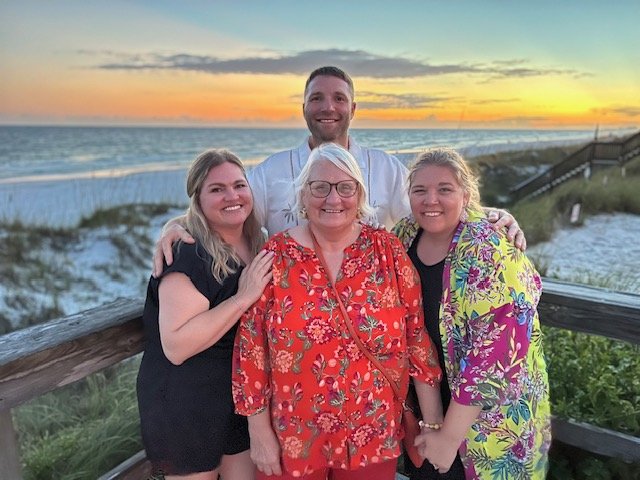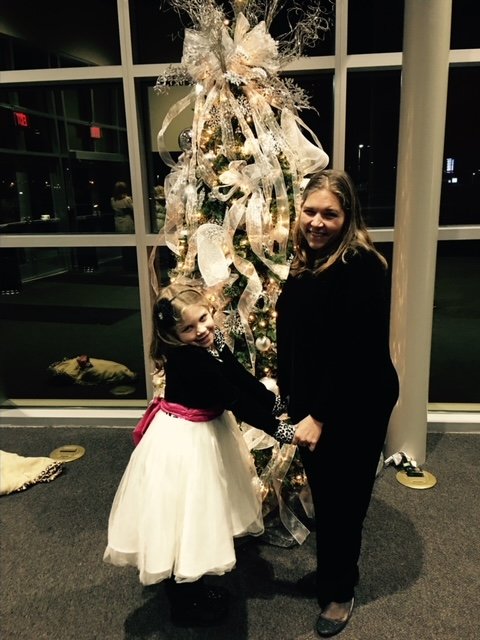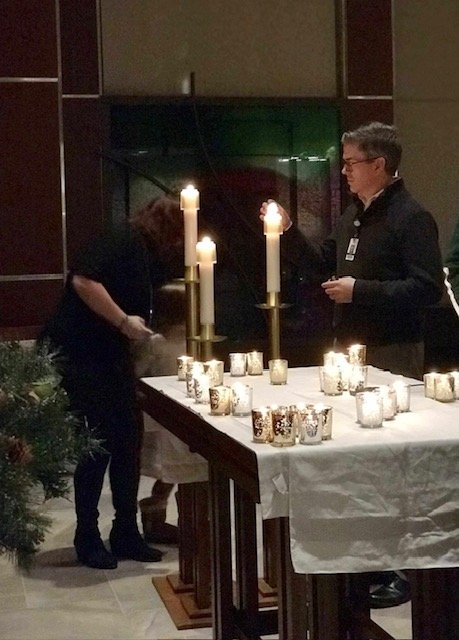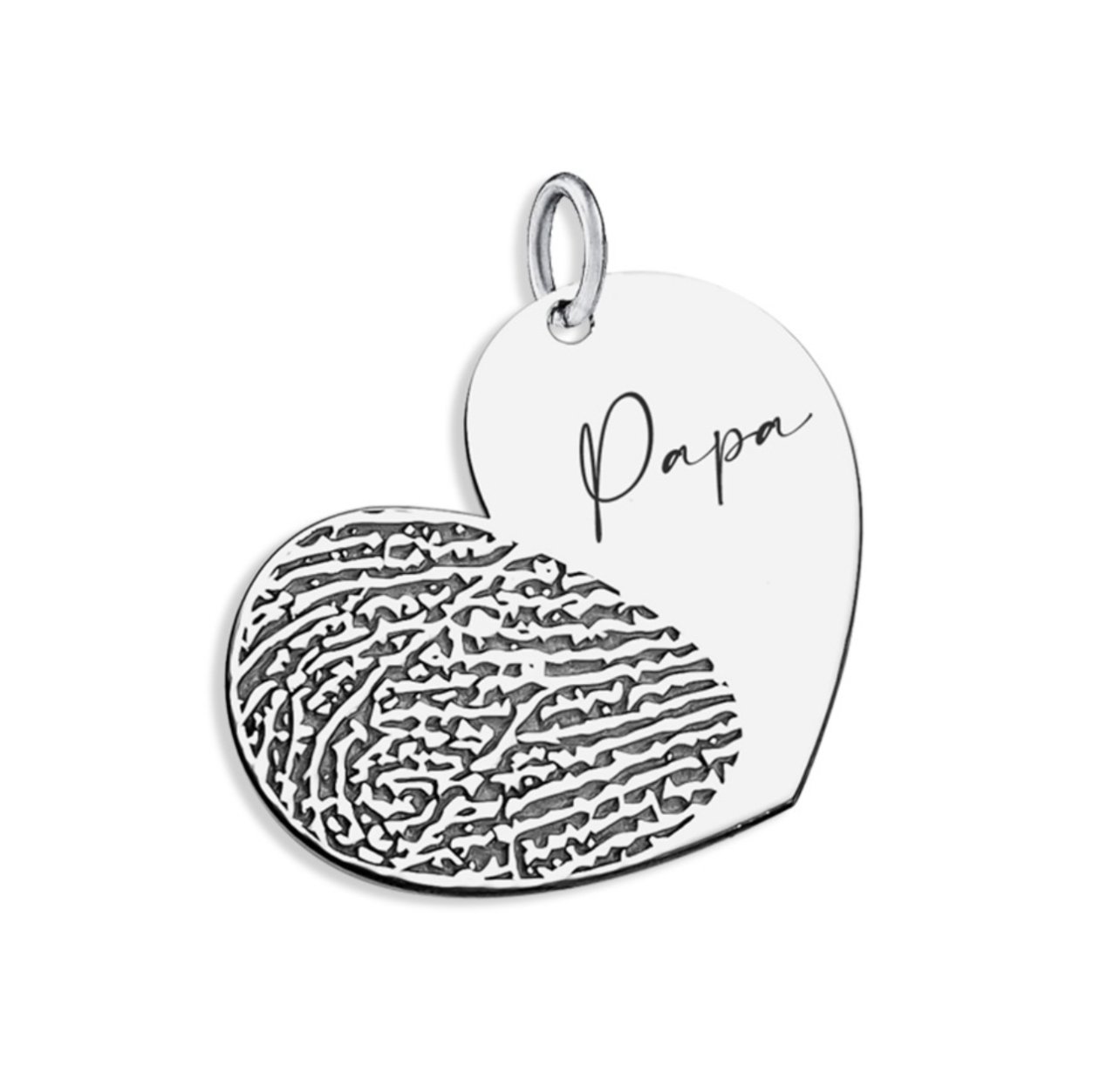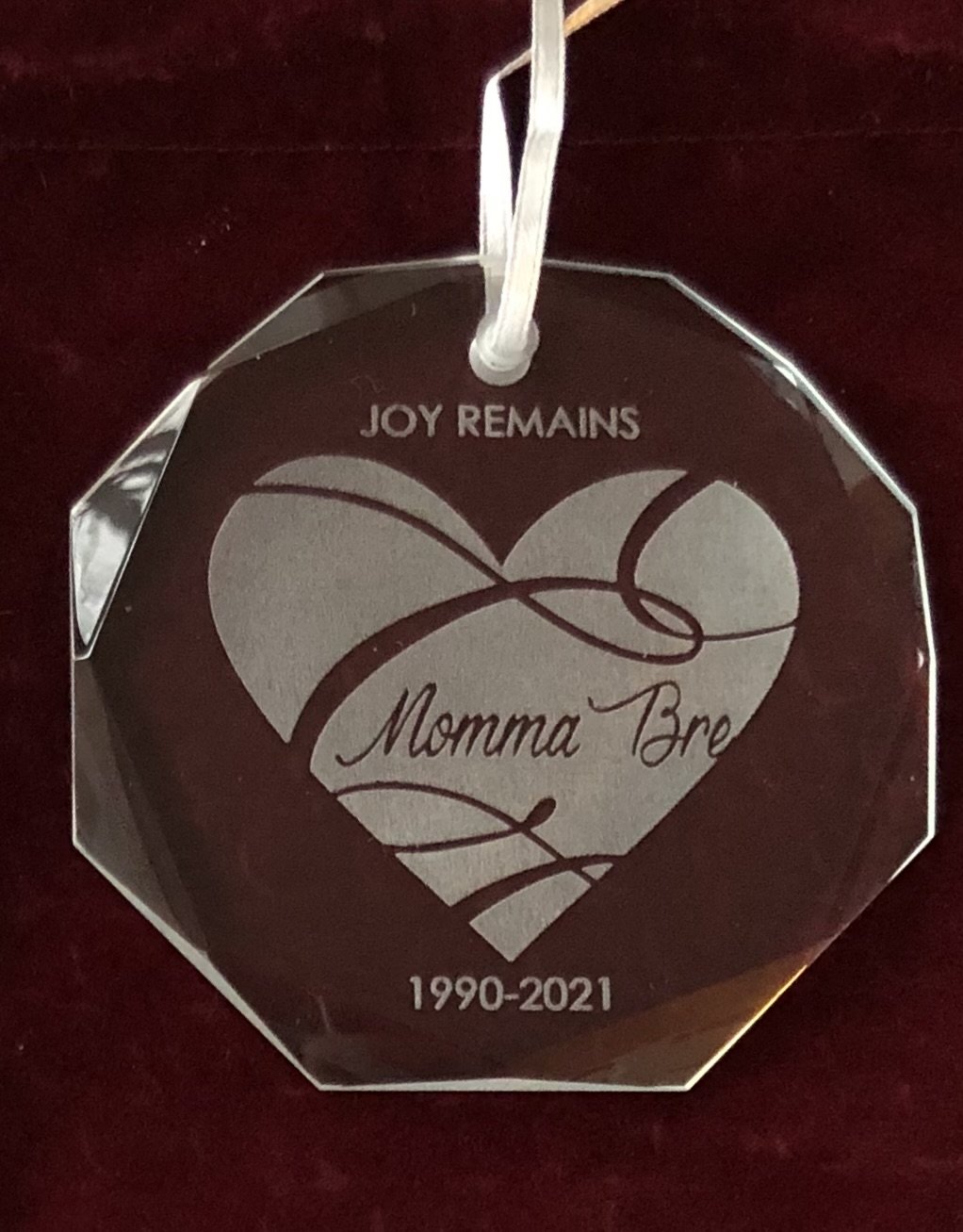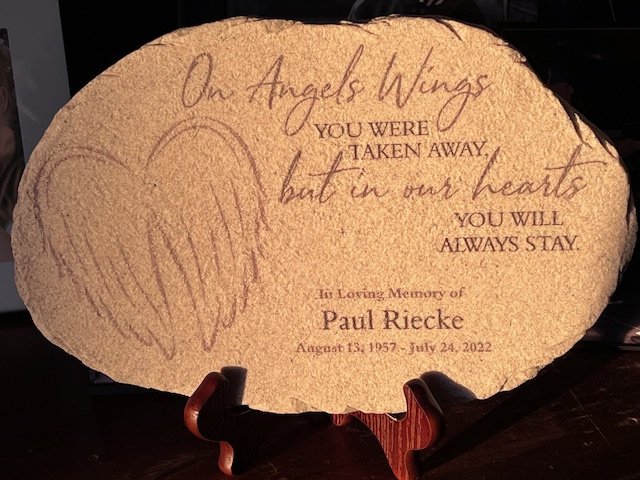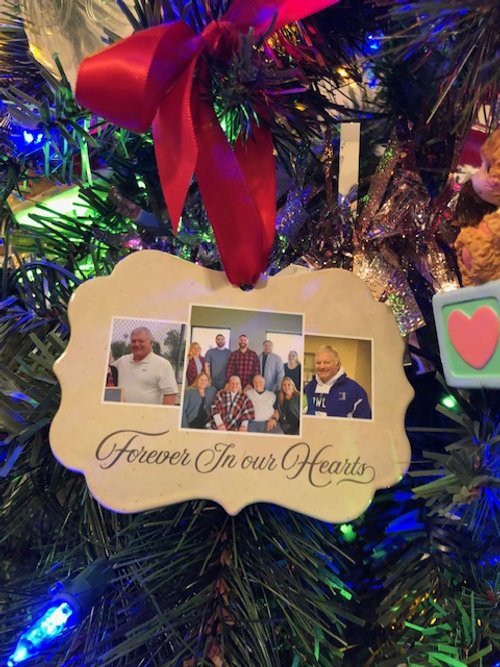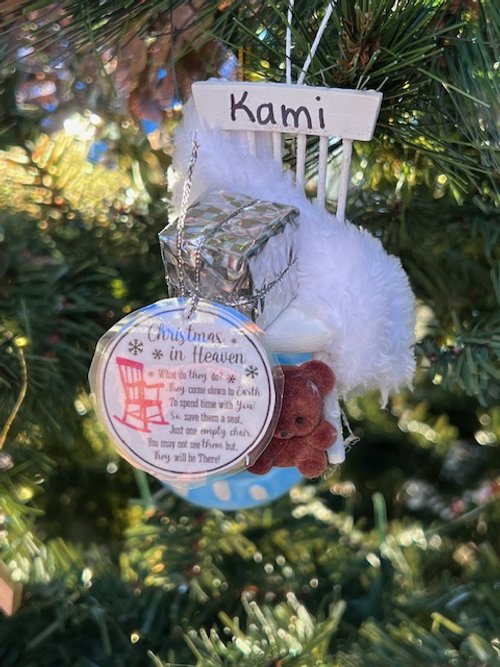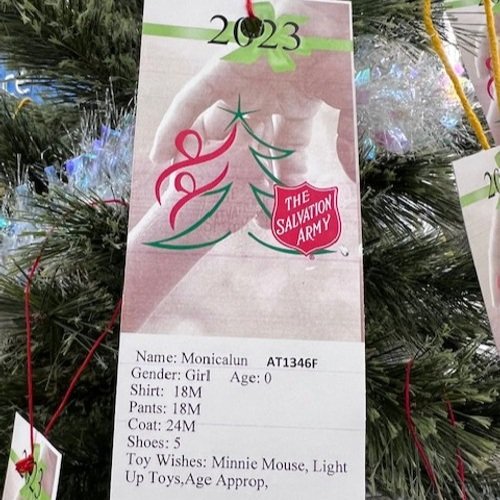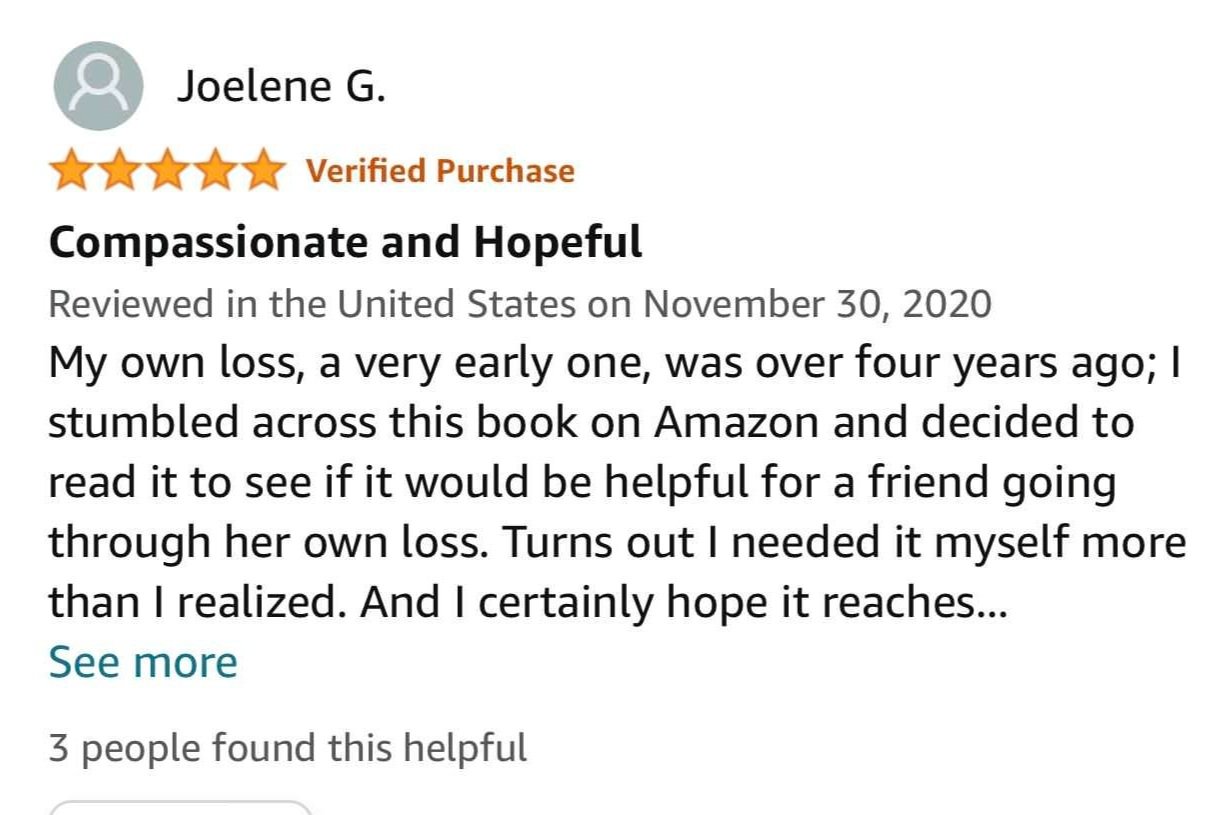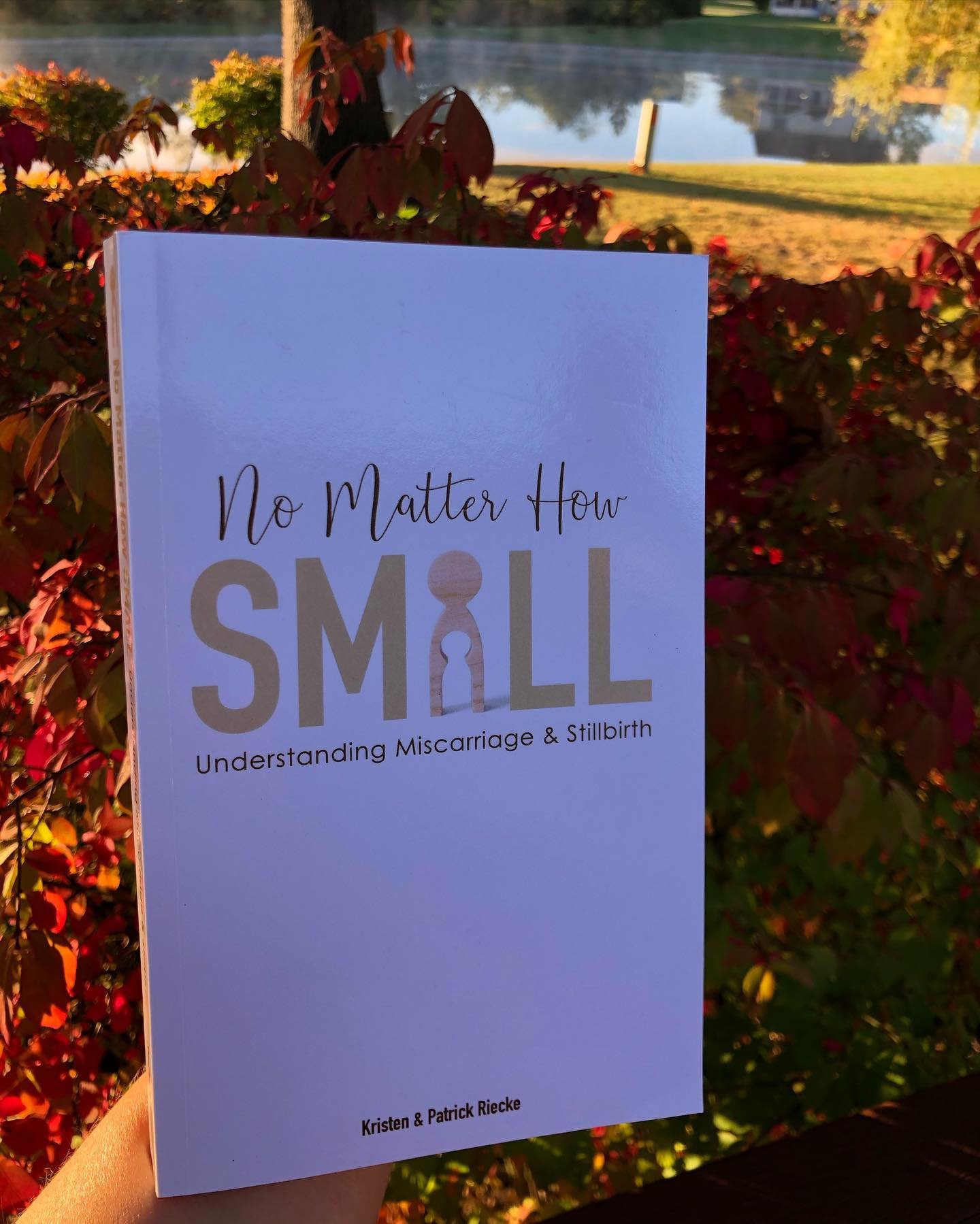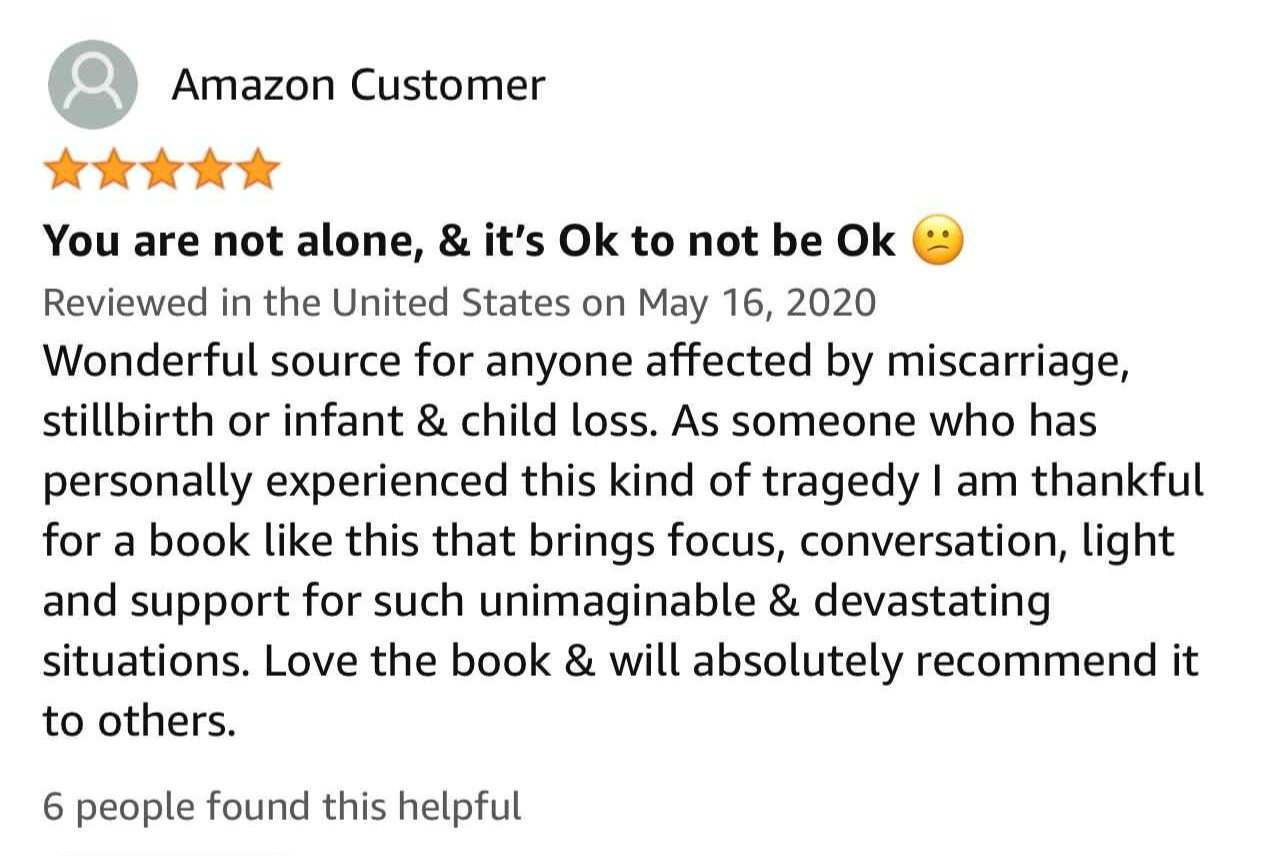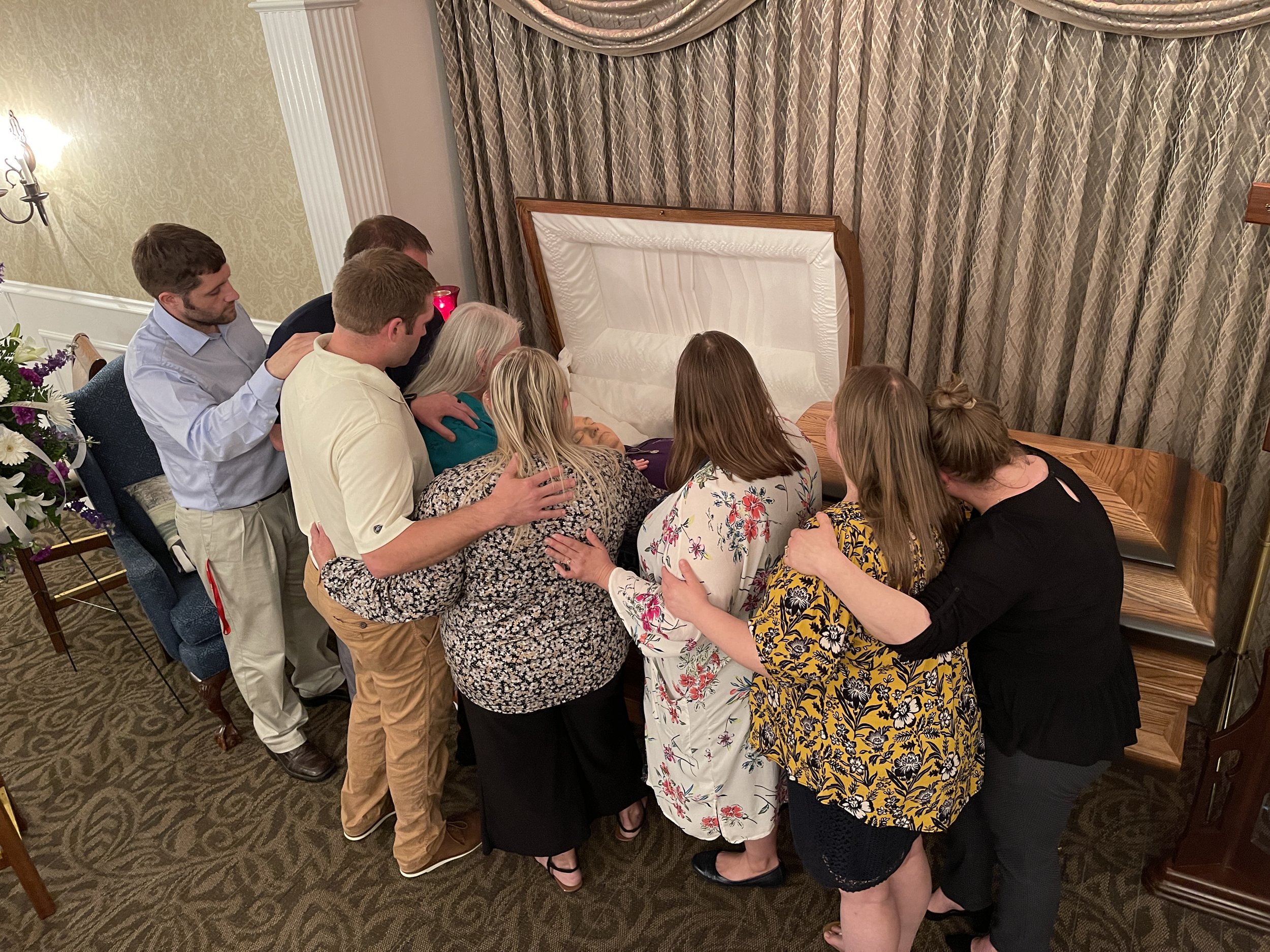Grief Blog









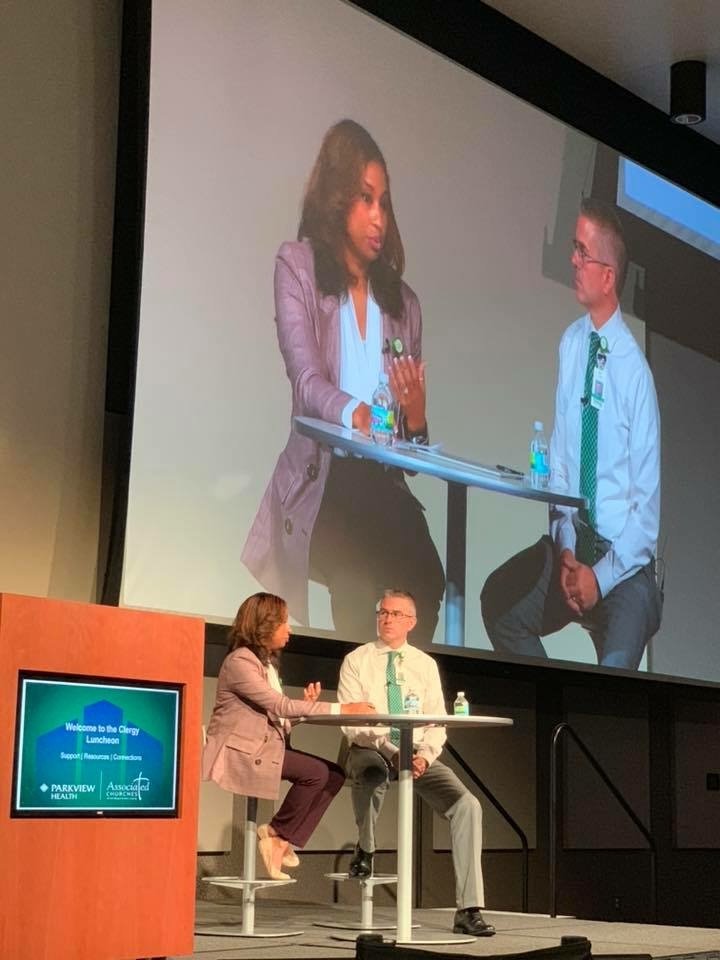





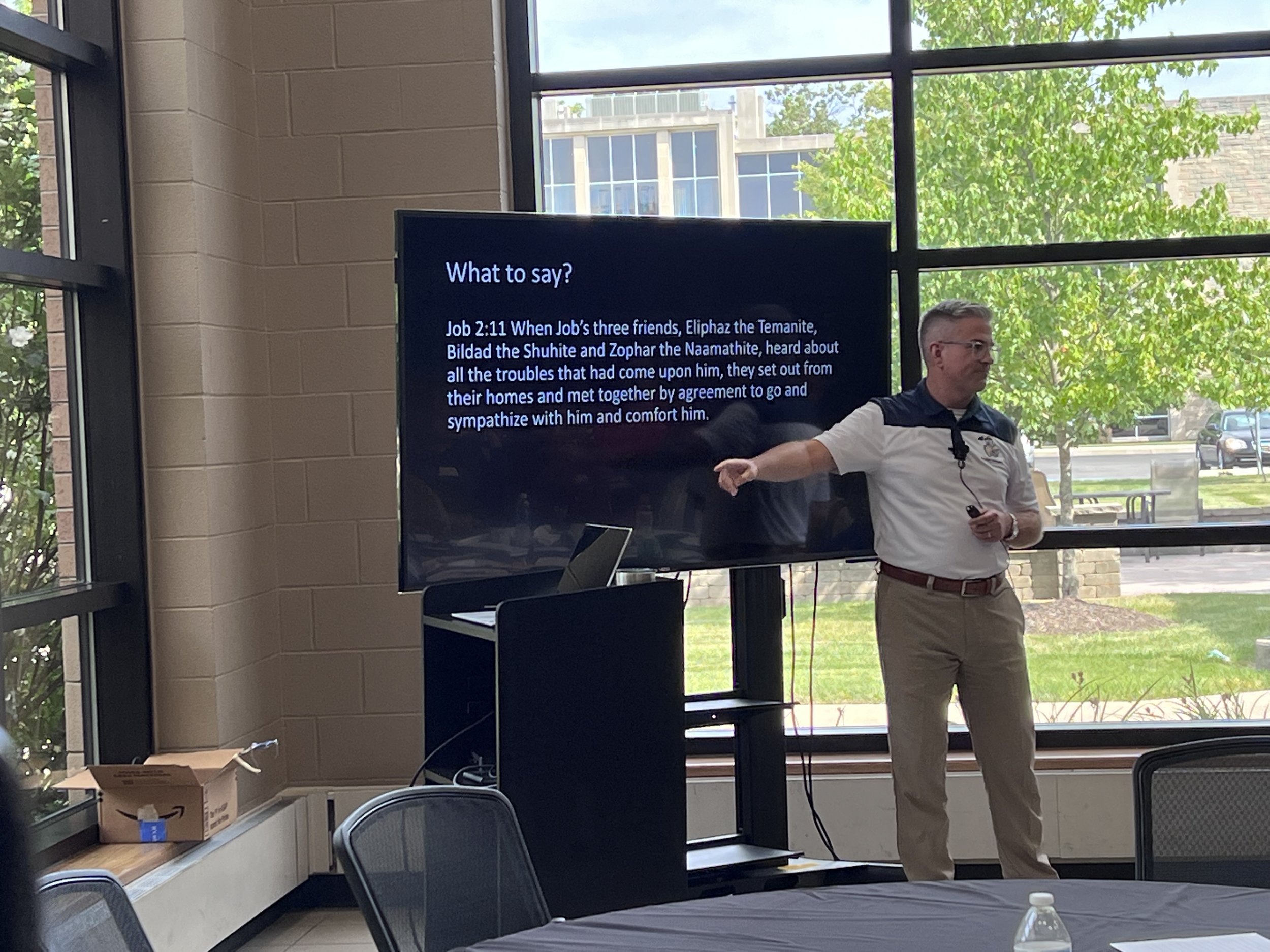




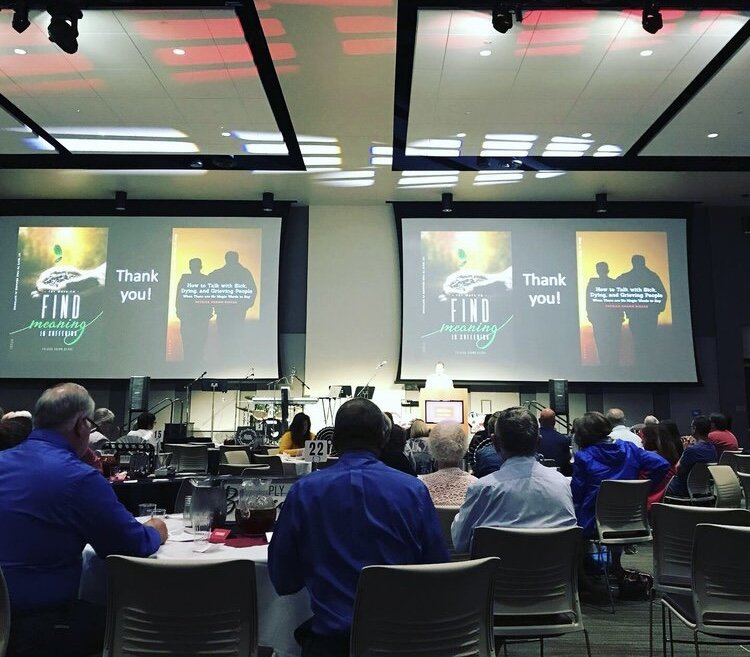






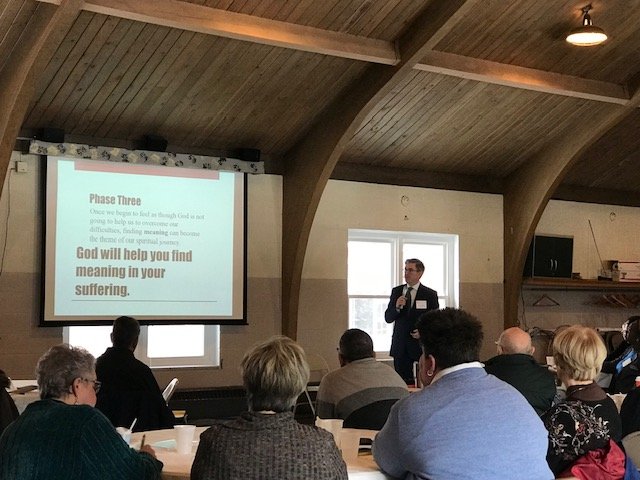
Big Announcement
My lovely bride and partner, Kristen Riecke, has created perhaps the world’s best resource list for Miscarriage and Stillbirth.
It includes books, websites, online groups, financial help, tools for leaders and facilities, children’s resources, grief centers, and much more!
Check it out here: www.kristenriecke.com
Grief Tip #10 - Christmas Eve
The peace and magic of Christmas are forever changed by the death of someone dear to you. Much like the wise men in the Nativity story, we now find ourselves on a journey. Our journey is through grief and learning how to traverse the path ahead without our person.
On this Christmas Eve, I invite you to pause, embrace the warmth of shared moments, and honor your journey. Whether you choose to read a meaningful poem, play a cherished song, or write letters of remembrance together, take a moment to reflect on the life that once was and the life that will forever hold a special place in your hearts.
The recognition of the profound love and deep loss you've encountered this year is a testament to your incredible courage and strength. As the holiday season draws to a close and the new year emerges, remember this: You have already weathered 100% of your worst days. May the coming days be marked by a gentle continuation of your journey, one day at a time, with increasing peace and a growing wellspring of hope!
May the hope of heaven rule in your hearts and home this Christmas!
Holiday Grief Tip #9
This Christmas, as you navigate the path of grief, consider embracing something new—a gesture to honor the memory of your loved one. Traditions, after all, must start somewhere, and this year could be the beginning of a unique journey for you.
Amid the changes that the loss has brought in your daily life, the idea of creating fresh traditions might seem daunting. Yet, within this challenge lies the potential for rediscovering fragments of comfort and joy during the Christmas season.
Perhaps could travel to a destination that was once a dream shared with your loved one—a tribute to the precious moments you envisioned together. Alternatively, purposely revisiting a place that holds cherished memories, can allow those recollections to shape new traditions.
Acknowledging that you may not feel ready to join in all the traditional celebrations is crucial. It's okay to set boundaries and find solace in the quiet of your own space this season. However, amidst the stillness, leave a space to contemplate the prospect of forging new memories or gently reshaping old ones. It could be a small, yet significant, step towards infusing hope into your holiday season this year.
Remember, this journey is uniquely yours, and whatever choices you make to navigate it, your loved one's spirit will continue to be a part of your story. These steps will guide you toward a future where the holidays can once again hold a glimmer of comfort and joy.
Holiday Grief Tip #8
Holiday Grief Tip #8 - Services
Many communities understand the unique challenges that accompany grief during the holiday season. Consider seeking solace in a service designed to provide support for those who are grieving.
One such gathering is often referred to as "Blue Christmas" or "Longest Night." These thoughtful services create a pause in the hustle and bustle of the season, providing a moment to collectively acknowledge and remember loved ones. Typically hosted at local funeral homes, churches, or grief centers, these services offer a designated time and place for individuals to come together and share in the experience of mourning. Additionally, for those who prefer virtual connections, many of these events are also available online.
Attending such a special service can be a meaningful way to connect with others who understand the complexities of grief, offering a sense of unity during a challenging time. Whether in person or virtually, these events provide a valuable reminder that you are not alone and that support is available to help you navigate the holiday season with compassion and understanding.
For more content on grief, check out Patrick's YouTube channel.
Holiday Grief Tip #7
Continued series from Kristen Riecke:
Holiday Grief Tip #7 - Including Others
This year consider finding meaningful ways to honor your loved ones' memory by including others in your intentional gift-giving this year. Items that evoke the spirit of your person can be healing.
Whether it's a delicately crafted ornament, a piece of memorial jewelry, or a thoughtful photo gift these tokens can serve as heartfelt reminders. A quick internet search of "personalized memorial gifts" can offer many great options.
Channeling your grieving energy into handmade gifts, such as knitting, painting, or crafting a distinctive item, can create a profound connection for others to stay linked with the memory of your person.
Your family and friends will follow your lead as you incorporate your deceased loved one into the holiday season. Gifts and activities that honor their memory can open the door for acknowledgment and support, fostering a sense of unity and understanding. These special items and experiences have the power to bring people together through a shared memory, creating a lasting bond for years to come.
Pictured are some of the special items that others have gifted to us. Whether I've been on the giving or receiving end of these kinds of gifts, the result is the same - connection and deep love for the precious person who is no longer with us.
Holiday Grief Tip #6
Continued series from Kristen Riecke:
Holiday Grief Tip #6: Candlelight
Growing up in the Catholic faith tradition, I was deeply moved by the symbolism of candles in places of worship—representing prayerful intention, reverence, and celebration. This inspiration led me to the idea of keeping a candle lit throughout the year, with a special emphasis during the holiday season.
Consider purchasing a personalized candle in memory of your loved one. Place it in a cherished space, perhaps your kitchen table or living room mantle. This candle becomes more than just a source of light; it becomes a beacon of intentional remembrance.
When you light the candle, do so with purpose. Let it be a moment of reverence for their absence and the weight of grief you may carry. The flickering flame can serve as a poignant acknowledgment of the void left by their departure. In these moments, it's okay to feel the heaviness, to honor the depth of your emotions.
Yet, the act of lighting a candle is not solely about the shadows of grief; it's also a celebration of the love and light they brought into your life. Despite their physical absence, their essence continues to shine brightly in your hearts and home. Each time the candle is lit, it becomes a tribute to their enduring impact—a small but significant act of celebration for a life that touched yours so profoundly.
Holiday Grief Tip #5
Family Photos
As we approach annual traditions and gatherings that bring our families together, we may find the absence of our loved ones weighs a little heavier on our hearts. In these moments, I want to share a heartfelt suggestion with you—how to include and honor those dear to us, even in their physical absence.
Consider incorporating special tokens, like a cherished teddy bear or a meaningful blanket, into your family photos or traditions. These simple yet powerful symbols can serve as a beautiful way to keep the spirit of your absent loved one alive. Whether it's a subtle inclusion in a family portrait or a sweet bear cradled in the arms of one of your children, these gestures can be deeply meaningful.
Sometimes, others might notice and appreciate the intentional inclusion of your absent family member. Even if they don't, it is a subtle and personal tribute that adds warmth to your traditions.
As we embark on these special moments together, let's find comfort in the love and memories that continue to connect us, transcending the boundaries of time and space.
Wishing you a season filled with love, cherished memories, and the warmth of shared traditions.
Holiday Grief Tip #4
A significant aspect of the Christmas holiday for parents is the joy of giving thoughtful gifts to their children – an integral part of the magic of Christmas. The happiness derived from placing a carefully chosen, beautifully wrapped gift under the tree or filling a stocking with utmost care is truly irreplaceable.
For those of us with a child living in Heaven, our approach to gift-giving takes on a profound and unique meaning. In lieu of tangible presents, we offer the precious gifts of time and intention to soothe our grieving hearts. Discovering ways to include and honor them maintains the spirit of Christmas.
This year, consider making a difference by giving to an organization dedicated to supporting children in need. Opting to shop for a child of the same age and gender as yours can provide profound meaning for both the giver and the recipient. Alternatively, donating your time or providing financial support to an organization in their honor can be a heartfelt way to spread the spirit of giving.
If the person you're missing this holiday season wasn't a baby or child, embrace the memories you made with them, and turn those stories into gifts around a table or on social media. If you're shopping for gifts and see an item you would have gifted to your dad, say so.
"If Dad was still with us, I'd totally get this for him. He would have loved it!"
However you celebrate, integrating the loved ones you miss the most will make the holidays feel more complete.
P.S. For a personalized gift that celebrates the loved ones you're missing, check out The Remember Shop. This Etsy shop is provided by dear friends of mine who make beautiful remembrance gifts like Abby's glowing orb seen above. Browse their custom items today
Holiday Grief Tip #3
Tip #3 Cards & Annual Letters
#3 Cards & Annual Letters
"I cherish receiving annual Christmas cards and letters from friends and loved ones. Witnessing how they've grown and changed each year brings me immense joy. Reading about the new adventures people embark on gives me hope and courage, while also providing a sense of comfort—knowing that we are not alone in our struggles.
If you feel secure in sharing both the highlights and lowlights of your journey, it's a beautiful way to connect on a deeper level. Others will take their cues from you. If you open the door to this conversation, perhaps they will reciprocate. If you send an "update" on each family member you can provide an update on your grief journey as well.
However, if you are not ready or don't feel safe to share your grief publicly, I still encourage you to acknowledge your loved one in your holiday greetings.
This is a lovely way to send a photo of ALL your family members this holiday.
For those who are facing the specific grief of pregnancy loss include your child in your card or letter by adding a simple sticker or doodle to the family signature. Whether it's a snowflake, butterfly, or heart, let it represent your baby. This small yet powerful gesture of acknowledging your little one is more private but equally meaningful."
Holiday Grief Tip #2
Grief during the Holidays (A continuing series featuring Kristen Riecke)
# 2 Decorate
As the holiday season approaches, we remember our loved ones who are no longer with us. Creating a space to acknowledge their memory can be a source of comfort and connection this time of year.
In our home, we have a dedicated space in the dining room filled with cherished items that remind us of our deceased loved ones. It is a sacred space. During the holidays, when our typical decor transforms, there's a unique opportunity to include our loved ones in the festive spirit.
For many American families, the centerpiece of holiday decor is the Christmas tree. Consider adorning your tree with ornaments and colors that hold special significance for your departed loved one. For those who have experienced pregnancy loss, a smaller tree lit in pink or blue, and adorned with baby-themed ornaments, can be a meaningful tribute.
I vividly remember the first Christmas without my Dad; my thoughtful sister-in-law gifted us personalized ornaments featuring our most recent family photo, inscribed with the words "Gone but Never Forgotten." This became a precious addition to our holiday tradition.
Expand your commemorative decorations to include family stockings for every member, including those who are no longer physically present. Consider writing heartfelt notes throughout the year, expressing thoughts you wish you could share with them. Reading these notes on a special evening, either alone or with loved ones, can be a touching way to honor their memory.
In my family, we chose blue and white outdoor lights for our back deck in honor of my dad, my kids' "Papaw," a dedicated Colts fan. Every evening, as we gather for dinner, the blue and white glow serves as a reminder of him. Decorating with a theme that resonates with your loved one, such as snowflakes, angels, butterflies, or cardinals, keeps their memory alive throughout the holiday season.
There are countless intentional and tasteful ways to incorporate your loved one into your holiday decor, providing a meaningful connection to your grief journey. May this season be one of remembrance, love, and healing.
-Happy Holidays! ~Kristen
Holiday Grief Tips with Kristen Riecke
The Holidays are filled with reminders of loved ones who have died. That can be both comforting and distressing.
Follow along in the coming weeks for a series on holiday grief, provided by my wife and co-author, Kristen Riecke.
(She's always been the festive one!)
Grief during the Holidays - Tip #1 - Prepare
The holidays offer an opportunity for connection, tradition, and the creation of sweet memories with loved ones. However, when someone has died, this season can bring conflicting emotions of joy and sorrow, comfort and distress. In the upcoming weeks, I will share ten ways to honor your loved one and navigate your grief during this holiday season.
Let's start with the first step - preparation. Take a moment of calm in your day to pull out your calendar. Look ahead to the actual dates you can anticipate. While we can't predict how grief will hit us, setting healthy boundaries can help protect your heart.
Consider declining to host the annual event this year or telling others that you appreciate the invitation but will decide based on how you feel that day. If an event requires commitment, it's best to decline early and proactively find positive ways to fill that void in your calendar.
Anticipatory grief is real and normal. As you look forward to the holiday season, be gentle with yourself. Acknowledge that special times will never be the same without your loved one. However, this doesn't mean you can't still find comfort and joy in the holidays. In fact, it may be a soothing balm to your broken heart as you choose to protect yourself and work to keep the memory of your loved one alive in new and meaningful ways.
P.S. Do you know someone who has experienced pregnancy or infant loss? Buy them a copy of No Matter How Small: Understanding Miscarriage and Stillbirth today on Amazon!
Tip #6 Never Do This
Never Assume You Understand
Continuing the Series - Hospital Visit Tips, Never Do This…
6. Never Assume that You Understand
Maybe you had an aunt who had cancer or even your own cancer journey.
That does not mean that you completely understand what obstacles face every other person with cancer.
Even more painfully, just because your dad died doesn’t mean that you fully understand when her dad dies.
We can most certainly use our experiences to help us in lending support and compassionate care. But be cautious to put yourself in the role of expert due to your personal experiences.
Never say, “I know how you feel.”
Simply put, you don’t.
Just as no one can understand your personal grief or fear completely, you cannot understand theirs.
Instead, you could say, “If I were you, I might feel scared.” That communicates that you are trying to put yourself in their shoes.
If you are visiting with a patient and they share a concern or frustration, you might be able to reflect back to them. "You said that you feel like the doctor is not listening. Is there a nurse or advocate you could share those feelings with?"
By doing this we can help the patient take back their own voice and therefore enable them to advocate for and express themselves.
Never assume that you understand.
Tip #5 Never Do This
Never Disparage Clinicians
Hospital Visit Tip Number Five:
5. Never Disparage Clinicians
Disparage means to belittle or discredit.
I talk elsewhere about the danger of painting a medical situation as God versus the doctors.
While I encourage you sometimes to become an advocate for the patient, and even have hard conversations with clinicians, that doesn’t mean speaking poorly of them or vilifying them.
Remember that after you leave, those nurses, doctors, and other team members will continue to care for the patient. It’s best if we are all on the same team.
In my experience, I have never met a clinician who hopes for a poor outcome for their patients.
Therefore, never disparage the clinicians.
Never Question Their Faith Tip #4
Hospital Visit Tip Number Four:
4. Never Question Their Faith
People with serious illnesses or injuries are learning more about trusting God than anyone else. Suffering can have that kind of effect on the human heart.
No amount of belief in God can magically make a person healthy.
Reverend Ed Dobson, pastor and author, died of ALS (Lou Gerig's Disease) in 2015. In one of his last sermons, one he preached alongside his son Kent Dobson, he painfully addressed this common mistake.
Through extremely garbled speech due to the agonizing disease process, Dobson said, “People keep telling me to trust God. I want to ask them, ‘What do you think I am trying to do?'”
Please, never question the faith of the patient during a hospital visit.
Never do This - Tip #3
Never Interrogate the Patient
Hospital Visit Tip Number Three:
3. Never Interrogate the Patient
You don’t need to know every detail of their diagnosis, what medicine they take, how long they have had this disease, etc. We may be curious and this curiosity may show that we care, but now is not the time for interrogation.
Those details matter much less than you might imagine.
Resist the urge to ask if they have tried this or that remedy or treatment to regain their health.
Being admitted to the hospital involves a mountain of data and information.
No patient can be expected to remember it all and patients may become frustrated at their lack of memory.
Resist the urge to ask a million questions.
If we are honest, sometimes we ask questions to make sure that it couldn’t happen to us. Or someone we love.
That is a self-focused approach that won’t help the patient you see today.
Therefore, never interrogate the patient about their condition. Offering a listening ear about how they are doing in their heart and mind will communicate an important message; YOU are NOT a diagnosis or problem to be solved. You are a whole person in a place of suffering who needs to feel seen and heard, not questioned and frustrated.
Never do this - Tip #2
Here is the next installment of the Series “Tips on how to visit the hospital. 7 things to never do.”
Last week I introduced Number 1 - Never Force Prayer.
Prayer is a common response in times of suffering and crisis. However, for someone who is ill, in shock, or even questioning their faith, corporate prayer can be difficult at best.
So simply ask the person you are there to support if they would like prayer. Then respond accordingly.
2. Never Be Afraid to Cry
When people hear what chaplains do, they ask some common questions.
One common question is, “Do you ever cry when you are serving a family whose loved one just died?”
The answer, of course, is yes.
The day that violence, suffering, sickness, cancer, miscarriage, stillbirth, strokes, heart attacks, and death can no longer bring tears to our eyes is the day we should quit being hospital chaplains.
While it is important that I don’t make the situation about myself and my own sadness, shedding some tears with the family can build a meaningful bridge.
I can vividly recall a friend who responded to me in a time of great pain and suffering with a few but deeply felt words. "I am crying with you!" Just knowing that our pain is seen and felt by others brings great comfort.
I no longer apologize for crying, and neither should you.
Never be afraid to cry with the hurting.
Never do this when you visit the hospital Tip #1
Visiting the hospital can be intimidating. How can you be sure to help? Follow my "Hospital Visit Tips."
1. Never force prayer
Should you pray for people in the hospital? Of course.
If you are a person who prays, you should pray for people in the hospital.
However, should you pray out loud and in person?
It depends.
Here’s how you can decide. Simply ask if they would like a prayer.
In my experience, you can expect one of three responses.
1. They say, "Yes," and shift in their bed. That means they want you to pray out loud and in person, and you should do it now.
2. They say, “I’d be happy to be on the prayer list,” or “Keep me in your prayers.” That means they don’t mind the idea of prayer, but they don’t want to do it now.
Maybe they aren’t feeling great, are tired, or want to call the nurse to help them to the bathroom. In that case, it’s time to leave, and you can pray as you walk out of the hospital.
3. They ignore your question about prayer altogether.
This might indicate that they are struggling with what to think about God while they are sick or injured.
For this group, forcing prayer could be a big mistake.
Think of it this way.
Kristen and I have four children. When they were young, they would often hurt or offend one another, as siblings do. Their mom and I would force them to apologize to one another. However, you can imagine how those forced apologies usually went. They were quick, insincere, and usually still full of anger and frustration.
Did the forced apology reconcile the relationship? No.
And forced prayer doesn’t improve the patient’s relationship with God, either.
It can do damage.
That’s why you should never force prayer when visiting a patient in the hospital.
Upcoming in person event
Join me on Thursday, August 24 for a day-long workshop hosted by the Center for Congregations. This workshop will be held at The Summit Event Center from 9:00 am-4:00 pm.
When faith communities encounter death and grief, they have intense questions. These questions may deeply impact their faith journey. What is your role as a leader? How can you best guide your congregation through loss, death, and grief?
Sickness and death are certainties, but when accompanied by good pastoral care, they can be the cracks through which the light of faith and hope can shine.
During this session, you will:
Examine case studies of congregants facing death and grief and role-play examples
Learn how to help your congregation balance faith and fear during times of health crisis, including practical considerations for hospital visitation
Practice completion of medical directives
Learn the best pastoral practices as you care for the sick, dying, and grieving
Consider your own grief, anxiety, and fear of death
Phase Three
Phase Three - it’s time to change the conversation.
In previous newsletters, we talked about Phase One (primarily focused on the future), and Phase Two (working hard to overcome present difficulties).
But the cliches of Phase One and Two don’t work for people in Phase Three. In Phase Three we face difficulties that cannot be overcome. In Phase Three finding meaning is what matters most.
Phase One is about Plans.
Phase Two is about Overcoming.
Phase Three is about Meaning.
Think about how you felt at the last funeral you attended. Or when someone close to you died. This isn’t difficult for me. This photo was taken at my Father In Law's funeral, in May 2021. Dan was a beloved husband, father, papaw, teacher, and coach. Here he is surrounded by his wife of 46 years and his seven children.
My focus wasn’t on making plans for the future or getting stronger by overcoming that devastating loss-we never will overcome it this side of Heaven. My focus was on what mattered to Dan, in his life and death, and those closest to him, including my wife and my children.
99% of our life experiences are in Phases One and Two.
But to a griever, 100% of life feels like Phase Three.
This is why the conversation needs to change in Phase Three. For guidance and practical advice on how to do this well, pick up How to Talk With Sick, Dying, and Grieving People today!


